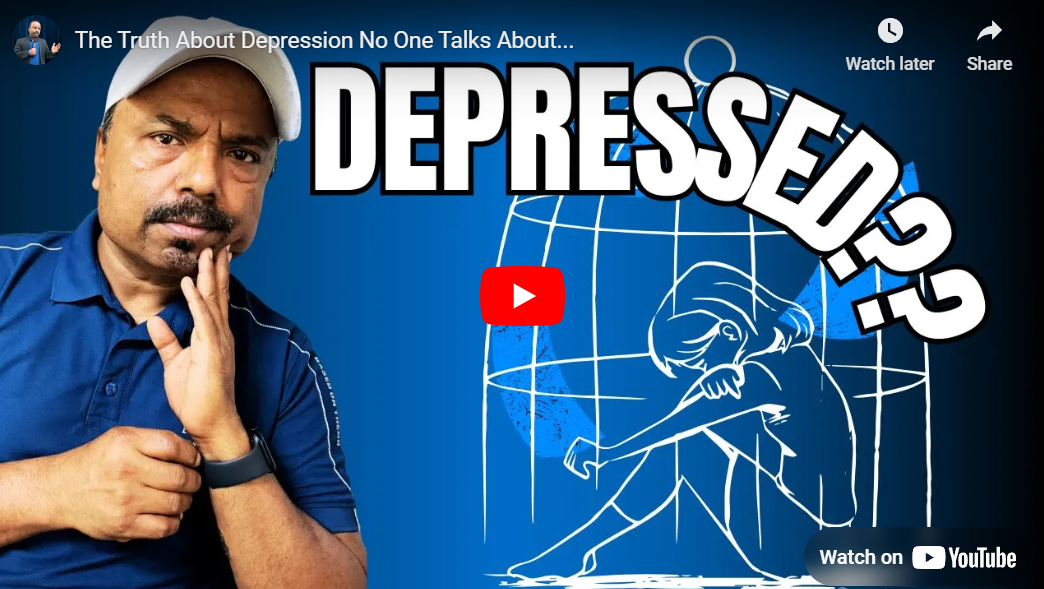The Truth About Depression No One Talks About

Understanding and Overcoming Depression: Building Trust and Seeking Help
Depression is a part of life; we’ve all been there. Life brings unexpected challenges—loss of a loved one, business failures, personal setbacks, or even global crises like COVID-19. These hardships can push us into emotional distress, and the real question is: how do we deal with it?
Too often, we hear tragic stories of individuals who have succumbed to depression, sometimes leading to devastating consequences like suicide or criminal actions. When such events unfold, we find ourselves asking, Why didn’t they reach out? The truth is, people suffering from depression often hesitate to seek help due to fear of judgment, dismissal, or misunderstanding.
The Challenge: Why Don’t People Speak Up?
One of the biggest reasons people avoid sharing their struggles with family or friends is the fear of being judged. Instead of receiving genuine support, they worry about being ridiculed or dismissed. Many times, people listen to a depressed individual’s story but fail to offer real assistance. We need to shift our focus—not just listening for the sake of hearing, but understanding the underlying challenges and offering real support.
Building Trust: The Key to Support
Trust is essential for anyone struggling with depression to open up. If someone doesn’t trust you with their emotions and struggles, they won’t feel comfortable sharing. So, how do we build trust?
- Be Approachable and Friendly – Especially with children, it’s important to create an environment where they feel valued and respected. Just because they are kids doesn’t mean their emotions are any less significant.
- Understand Individual Differences – Every person has their own way of processing emotions. Recognizing and respecting these differences can help build a stronger connection.
- Keep Conversations Private – A key aspect of trust is ensuring that what is shared remains confidential. If someone confides in you, honor their privacy.
- Provide Honest and Non-Judgmental Advice – When someone opens up, they seek solutions, not drama. Offer genuine guidance without spreading their personal matters to others.
Seeking Help: The Power of Support Systems
If you are going through a tough time, know that help is always available. You don’t necessarily need to hire a professional coach or therapist if that’s not an option for you. Start by identifying people within your family, friends, or trusted circle who are neutral, open-minded, and genuinely want to help without judgment.
Look for individuals who:
- Are genuinely curious about your well-being.
- Offer solutions rather than dramatizing the situation.
- Respect your privacy and confidentiality.
Similarly, if someone reaches out to you for help, be that trustworthy person for them. Creating a safe space for open conversations can significantly reduce the number of tragic incidents related to depression.
Conclusion: Let’s Make a Difference
By building trust and providing genuine support, we can create a more compassionate and understanding society. Mental health should never be ignored, and the more we foster open and judgment-free conversations, the more we can prevent fatal consequences.